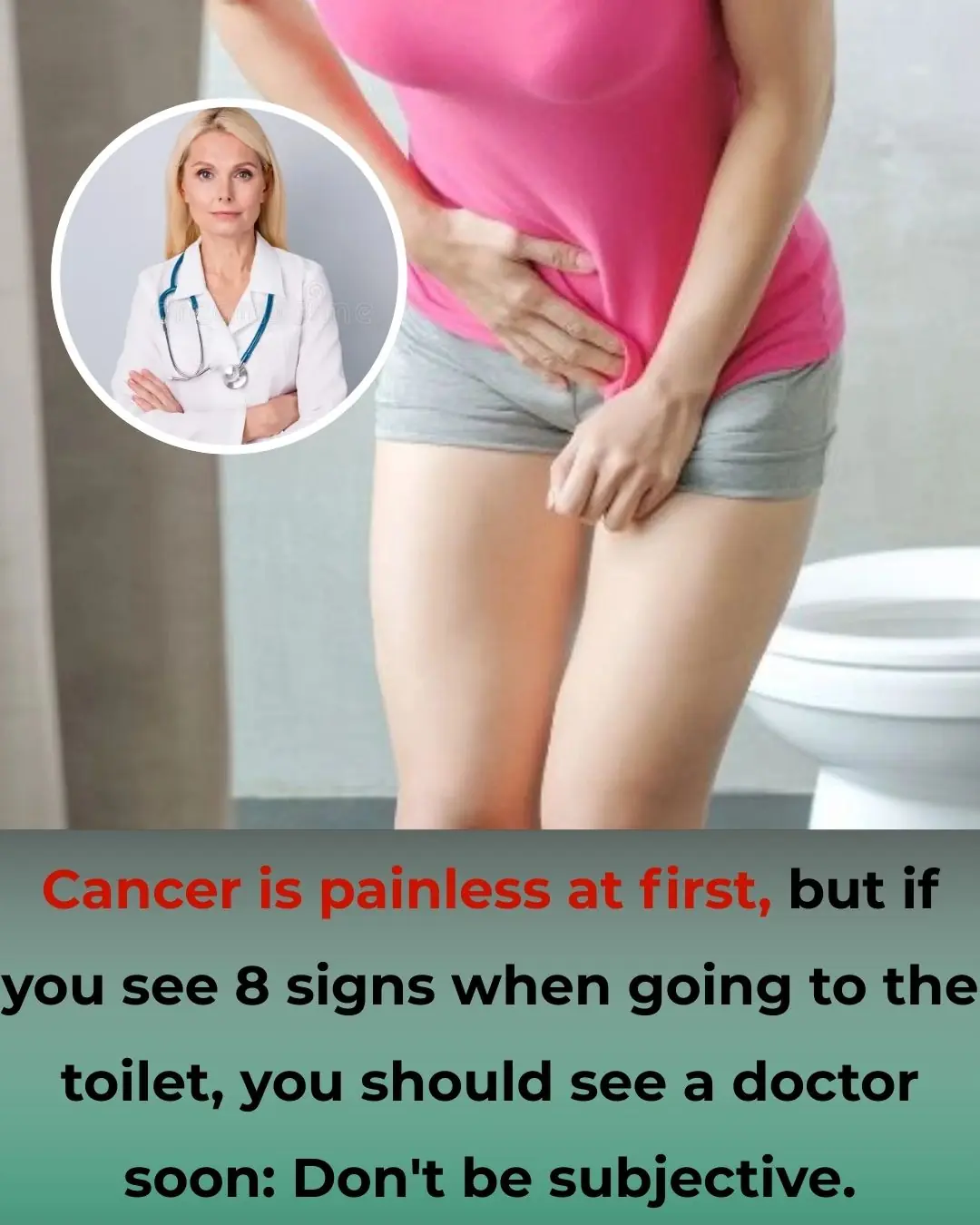
Unexplained Bruising on Your Body: Causes and Treatments
Finding random bruises on your legs—or anywhere on your body—can be both confusing and concerning. For many people, these mysterious bruises seem to appear out of nowhere, often with no memory of any injury or trauma. While bruising is usually harmless, there are times when it can indicate something more serious.
In this article, we’ll explain what bruises are, why some people bruise more easily than others, the possible causes of unexplained bruising, and when you should be concerned. We’ll also share natural ways to help bruises heal faster and how to prevent them in the future.
What Is a Bruise?
A bruise, also called a contusion, occurs when small blood vessels (capillaries) break under the skin due to trauma or injury. Blood leaks out into the surrounding tissue, causing a dark discoloration that may appear black, blue, purple, or even green and yellow as it heals.
According to Dr. John Cunha from eMedicineHealth, bruises typically form after a blow or bump, even one so minor that you might not notice it. As bruises heal, the body gradually reabsorbs the trapped blood, which is why the color changes over time.
Most bruises are not dangerous and heal on their own in 1 to 2 weeks. However, when bruising occurs frequently or without a clear cause, it may be a sign of an underlying health condition.
Common Causes of Unexplained Bruising on Legs and Body
1. Aging
As we age, our skin becomes thinner and loses its protective fat layer. The blood vessels under the skin become more fragile, making older adults more prone to bruising from even minor impacts.
The Mayo Clinic also notes that older adults may have balance issues or reduced sensation, making them more likely to bump into things without realizing it.
Important: Any unexplained bruising in elderly individuals, especially in unusual areas like the neck, back, or ears, should be investigated to rule out physical abuse.
2. Vitamin Deficiencies
Deficiencies in certain vitamins can weaken blood vessels or interfere with clotting, leading to easy bruising.
-
Vitamin C (Ascorbic Acid): Helps strengthen blood vessels and promote healing. Low levels can lead to scurvy, which includes symptoms like spontaneous bruising and bleeding gums.
-
Vitamin K: Essential for normal blood clotting. A deficiency can result in excessive bleeding and frequent bruising.
-
Vitamin B12 and Folate: Support blood cell production. Deficiencies may lead to anemia, which can cause bruising and fatigue.
If you notice frequent bruising along with other symptoms like tiredness, pale skin, or bleeding gums, speak to your doctor about testing your vitamin levels.
3. Medications and Supplements
Certain medications and natural supplements can thin your blood or interfere with clotting, increasing the likelihood of bruising.
Common culprits include:
-
Blood thinners (e.g., warfarin, heparin)
-
Aspirin and NSAIDs (e.g., ibuprofen)
-
Some antibiotics and corticosteroids
-
Herbal supplements like ginkgo biloba, turmeric, garlic, ginger, and St. John’s Wort
If you’re taking any of these, consult your healthcare provider before adding new supplements or changing dosages.
4. Genetics and Family History
Some people are simply more prone to bruising due to genetics. If your parents bruise easily, chances are you may, too.
Women also tend to bruise more easily than men because they naturally have thinner skin and more delicate blood vessels.
Tip: If your bruising isn’t accompanied by other symptoms, it’s likely not serious.
5. Blood and Clotting Disorders
If you notice large or frequent bruises without any known cause, this could indicate a bleeding or clotting disorder.
-
Hemophilia and Von Willebrand disease are inherited disorders that affect the blood’s ability to clot.
-
Other symptoms include frequent nosebleeds, excessive bleeding from small cuts, or heavy menstrual periods in women.
You should see a doctor if you suspect you might have a clotting disorder, especially if there’s a family history.
6. Sun Damage
Overexposure to the sun’s UV rays can weaken the skin and blood vessels, especially on areas like the arms and legs. Over time, this makes the skin more prone to bruising and may cause long-term discoloration.
If you notice easy bruising on sun-exposed areas, wear sunscreen regularly and protect your skin with clothing or hats.
7. Intense Exercise or Physical Activity
Strenuous workouts, especially those involving heavy lifting, can cause tiny blood vessels to burst under the skin—leading to bruising.
Athletes may also experience “runner’s toenail”, where repeated impact causes bruising under the nail.
Treatment Tip: Use the R.I.C.E. method (Rest, Ice, Compression, Elevation) to reduce bruising and swelling.
8. Diabetes
People with uncontrolled diabetes may bruise more easily due to damaged blood vessels or reduced circulation (peripheral vascular disease).
Other symptoms include:
-
Slow wound healing
-
Fatigue
-
Excessive thirst or urination
-
Numbness in hands and feet
If you have diabetes and notice frequent bruises that take a long time to heal, consult your healthcare provider.
9. Viral Infections
Some viruses, like chickenpox, mumps, or rubella, can affect platelet counts, leading to thrombocytopenia—a condition where blood doesn’t clot properly, causing easy bruising.
In rare cases, serious infections or immune responses (like HIV or leukemia) can also interfere with platelet function.
10. Autoimmune Diseases
Autoimmune conditions may cause your immune system to mistakenly attack your blood vessels or platelets, leading to easy bruising.
Examples include:
-
Lupus – Can cause bruising, fatigue, joint pain, and skin rashes.
-
Rheumatoid arthritis – Bruising may result from both the condition and the medications used to treat it.
-
Vasculitis – Inflammation of the blood vessels can cause red or purple splotches and skin bruising.
11. Liver or Kidney Disease
The liver helps produce clotting factors. In conditions like cirrhosis or chronic liver disease, clotting ability decreases, leading to bruising.
Late-stage kidney disease can also affect blood clotting and cause other symptoms like:
-
Swollen legs
-
Nausea or vomiting
-
Confusion or fatigue
12. Cancer
Certain cancers—especially leukemia—can cause random bruising due to reduced platelet counts. Other symptoms may include:
-
Frequent infections
-
Persistent fatigue
-
Weight loss
-
Bone pain
Chemotherapy can also affect the blood, leading to spontaneous bruising or red/purple skin spots.
Warning: A bruise on your breast that doesn’t heal could indicate inflammatory breast cancer, especially if accompanied by swelling or nipple changes.
When to See a Doctor for Unexplained Bruising
You should contact a doctor if:
-
A bruise doesn't heal within 2–3 weeks
-
You bruise frequently or without obvious cause
-
You experience pain, swelling, or warmth in the bruised area
-
The bruised skin becomes red, pus-filled, or infected
-
You have additional symptoms like fatigue, bleeding gums, or frequent nosebleeds
Natural Remedies to Help Bruises Heal Faster
Here are some safe, natural ways to speed up bruise healing:
-
Cold Compress: Apply a wrapped ice pack within the first 24 hours to reduce swelling.
-
Aloe Vera: Reduces inflammation and soothes irritated skin.
-
Arnica Cream: A homeopathic remedy shown to help minimize bruising and pain.
-
Vitamin K Cream: Promotes healing by aiding blood clotting.
-
Warm Compress (after 48 hours): Encourages blood flow to help clear away pooled blood.
-
Elevation: Helps reduce blood pooling in the bruised area.
Final Thoughts
Most bruises are harmless and fade on their own. However, if you're finding new bruises often, especially without any injury, it's worth taking a closer look at your diet, medications, and overall health. In some cases, unexplained bruising can be a warning sign of a more serious condition—but often, it's something that can be easily addressed.
When in doubt, always consult your healthcare provider.
News in the same category


The surprising truth about eating eggs every day
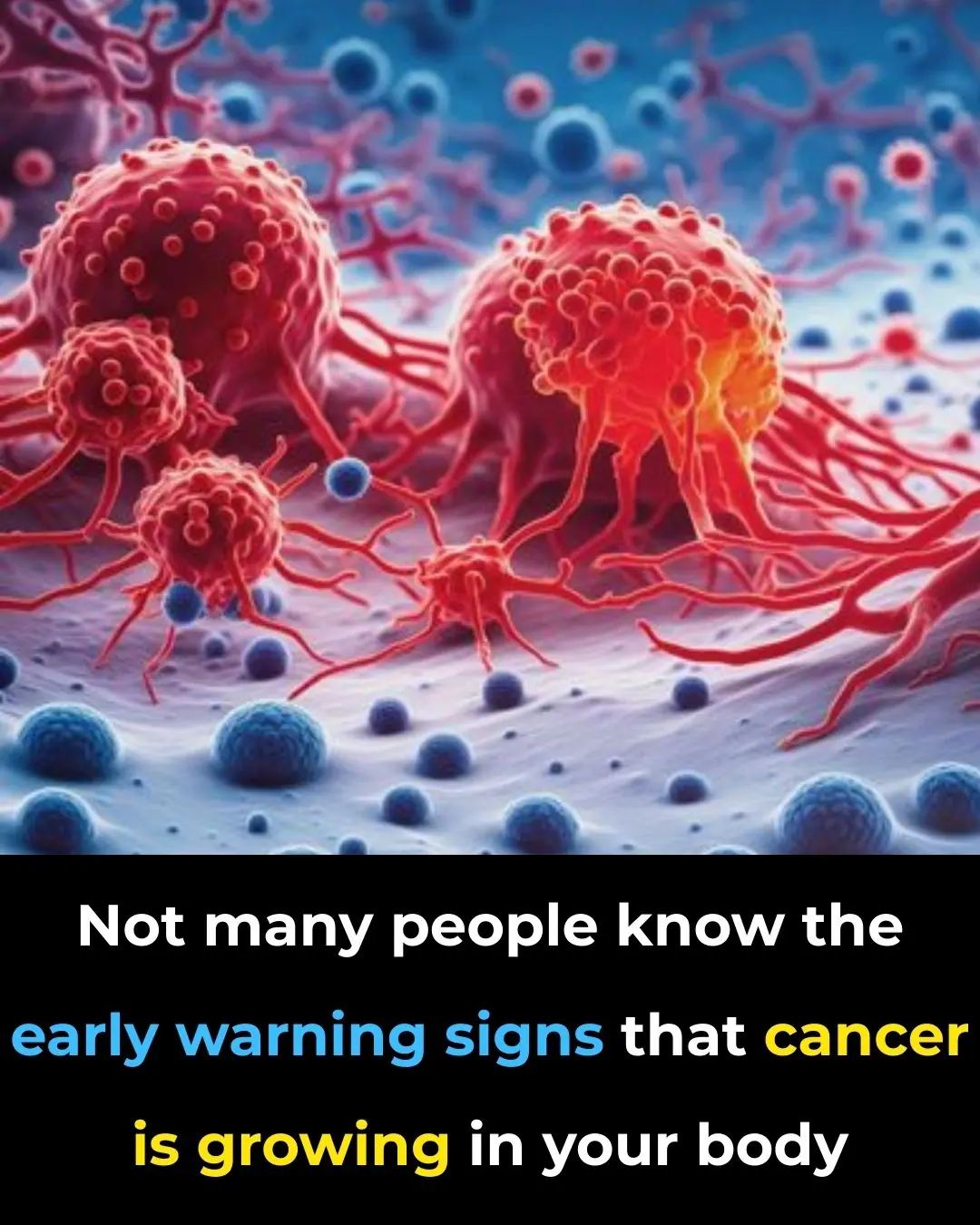
7 Early Signs Your Body is Fighting Cancer

9-year-old dies after dental procedure
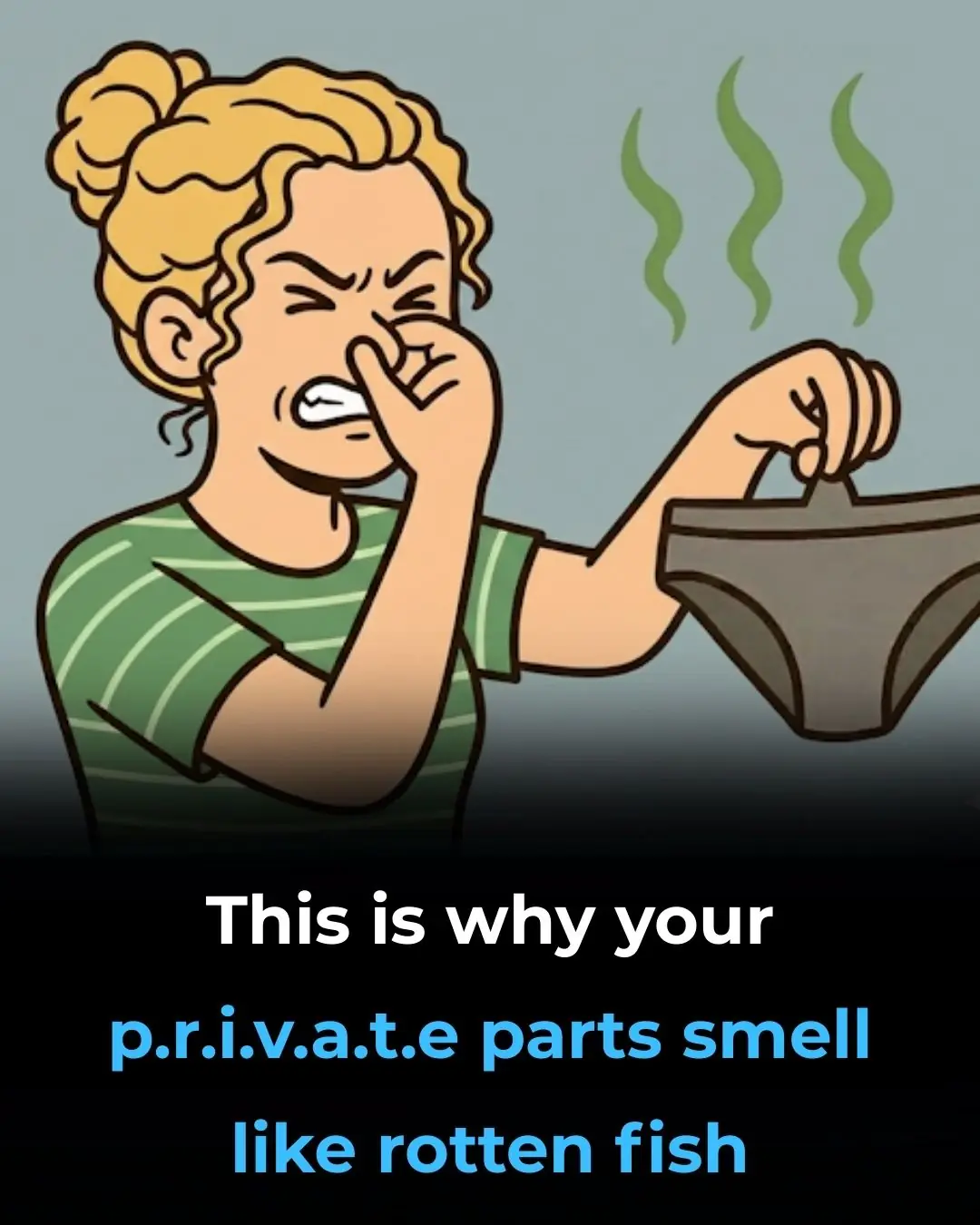
If your private parts smell fishy, it’s something you should be aware of
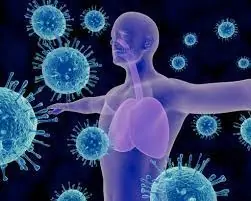
10 Hidden Signs Your Immune System Is Under Attack
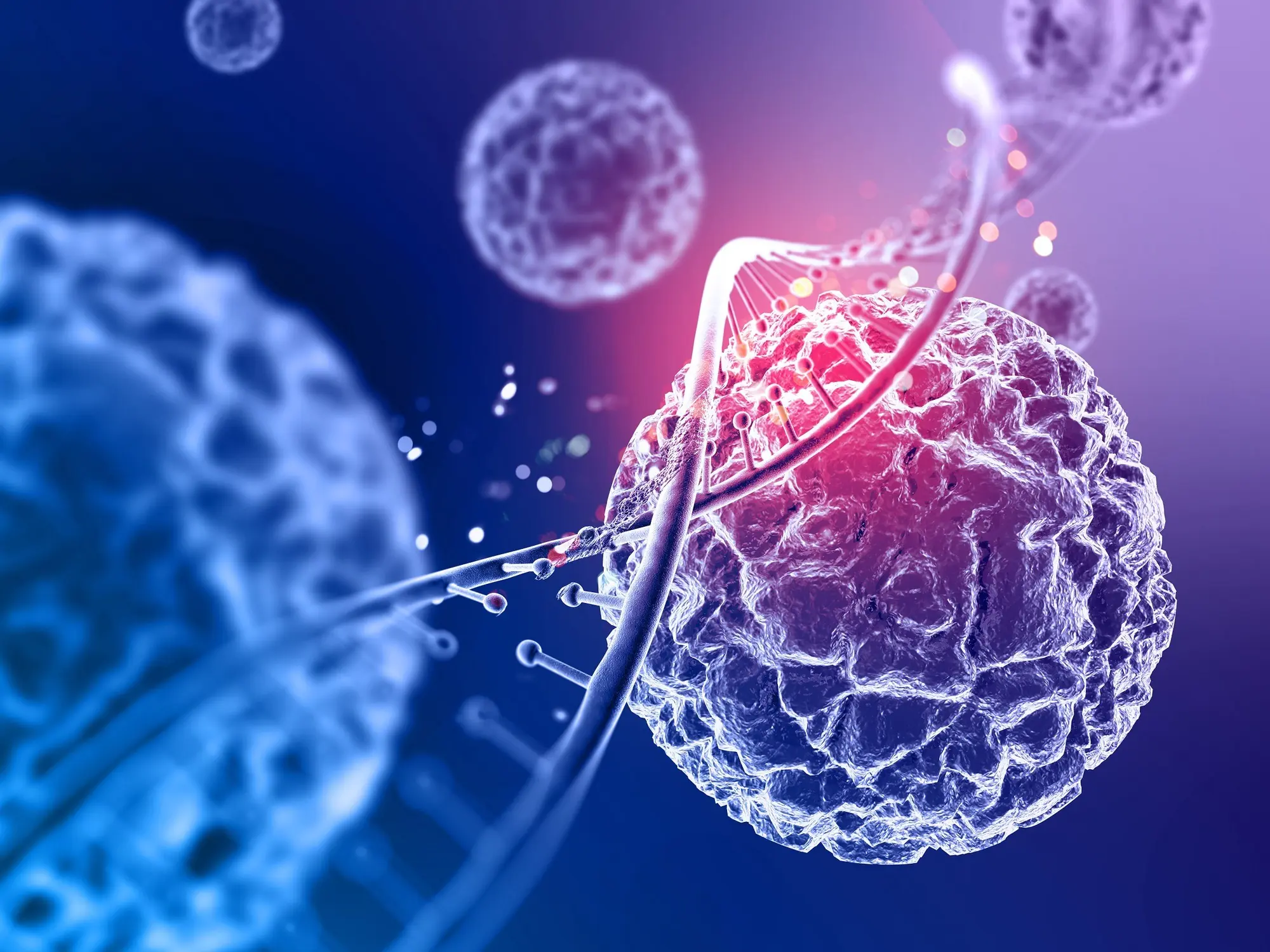
15 Early Signs That May Indicate Cancer – According to Medical Experts
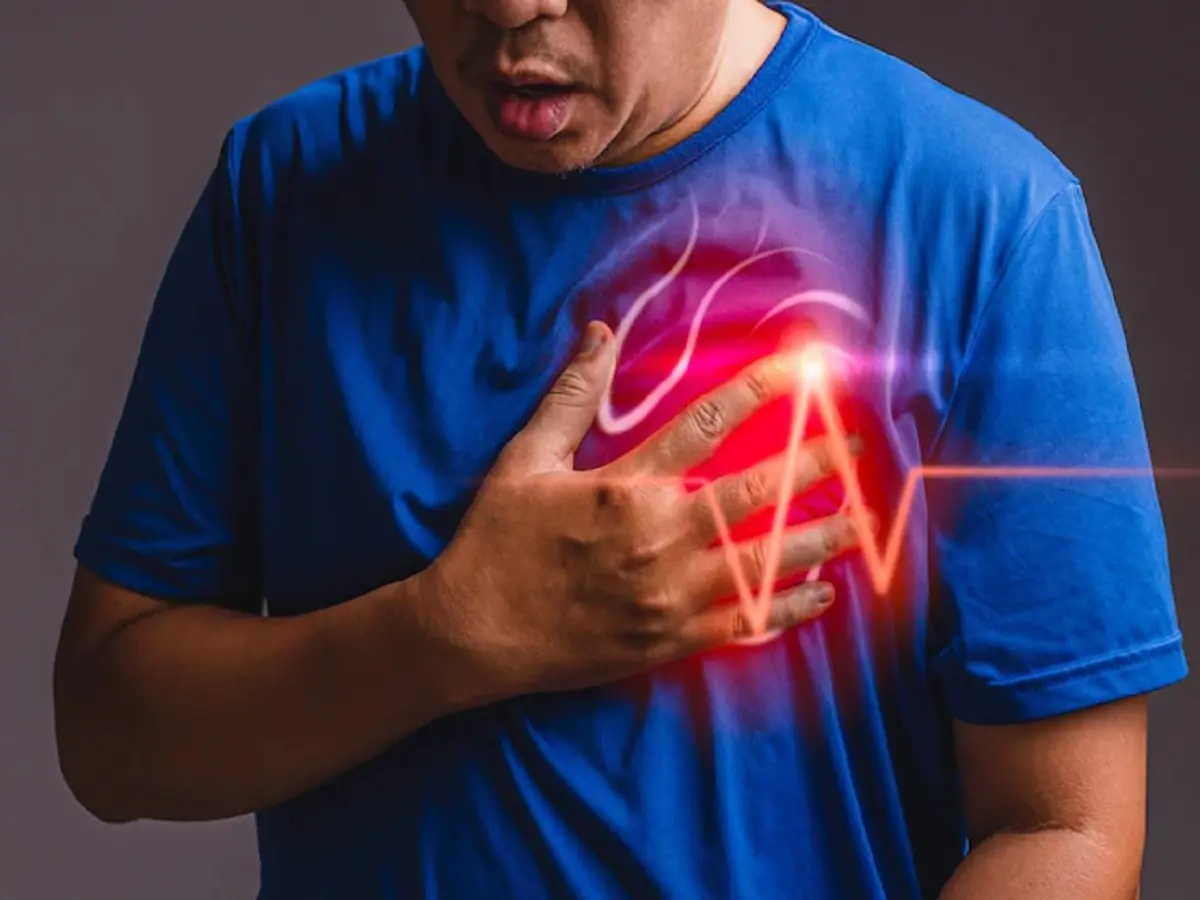
10 Common Habits That Are Secretly Harming Your Heart You Probably Didn’t Know
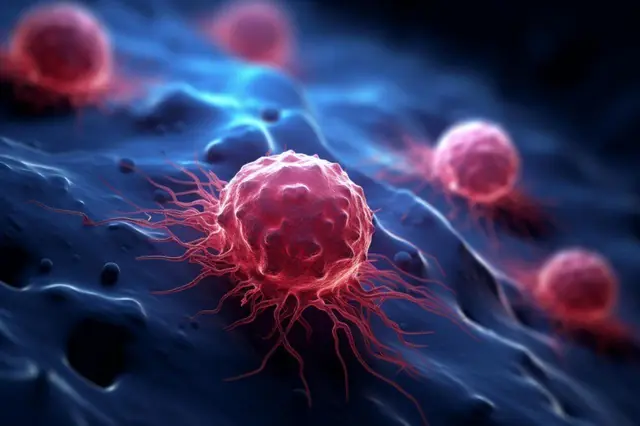
20 Powerful Foods That Fight Cancer and Boost Your Body’s Natural Defenses

6 Foods to Stabilize Hormones and Reduce Hair Loss in Women
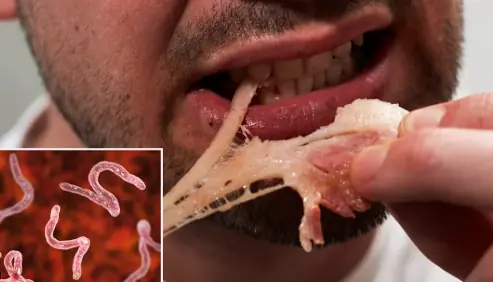
How to Avoid 'Pork Worms' After a Man Developed Them in His Brain

Man Attacked by Hyenas Survives by Targeting Their Weak Points

Experts reveal seven reasons you shouldn't sleep in your underwear or risk health issues

The 5 Best We:ight-Lifting Exercises for Better Posture
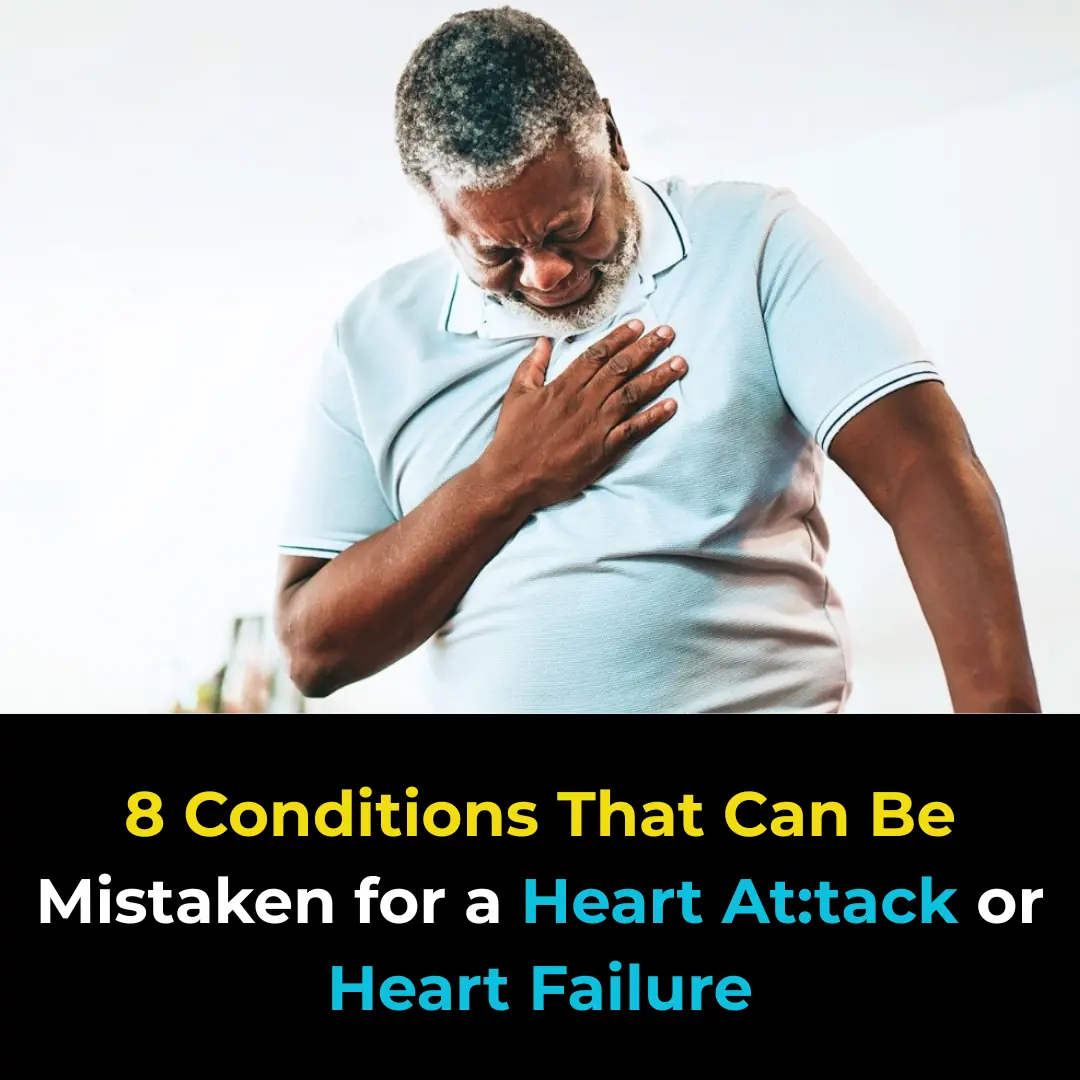
8 Conditions That Can Be Mistaken for a Heart A::ttack or Heart Failure

Mediterranean Diet May Ward Off Alzheimer’s Despite High-Risk Genes
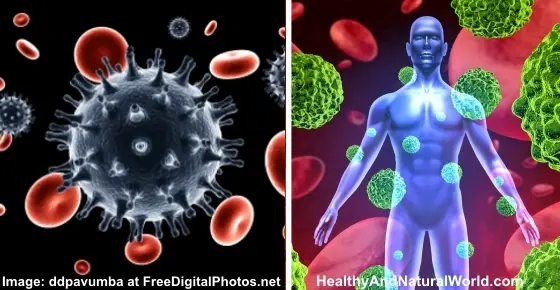
10 Warning Signs of an Autoimmune Disease and How to Reverse It

How to Naturally Get Rid of Fleas From Your Home, Garden and Pets
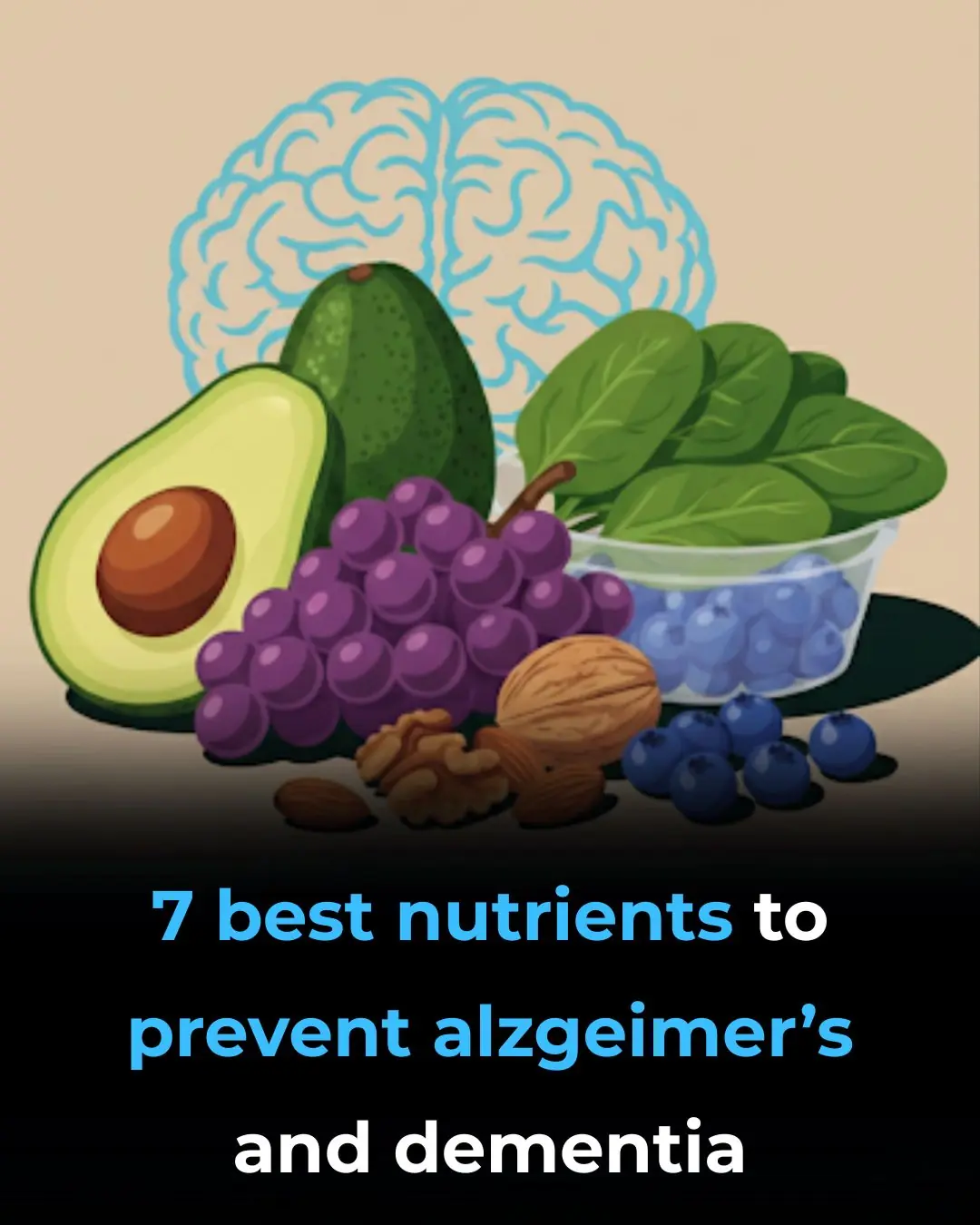
7 Best Nutrients to Prevent Alzheimer’s and Dementia
News Post

Early-Stage Cancer May Not Hurt at First, But If You Notice These 8 Signs When Using the Bathroom, See a Doctor Immediately: Don’t Be Negligent
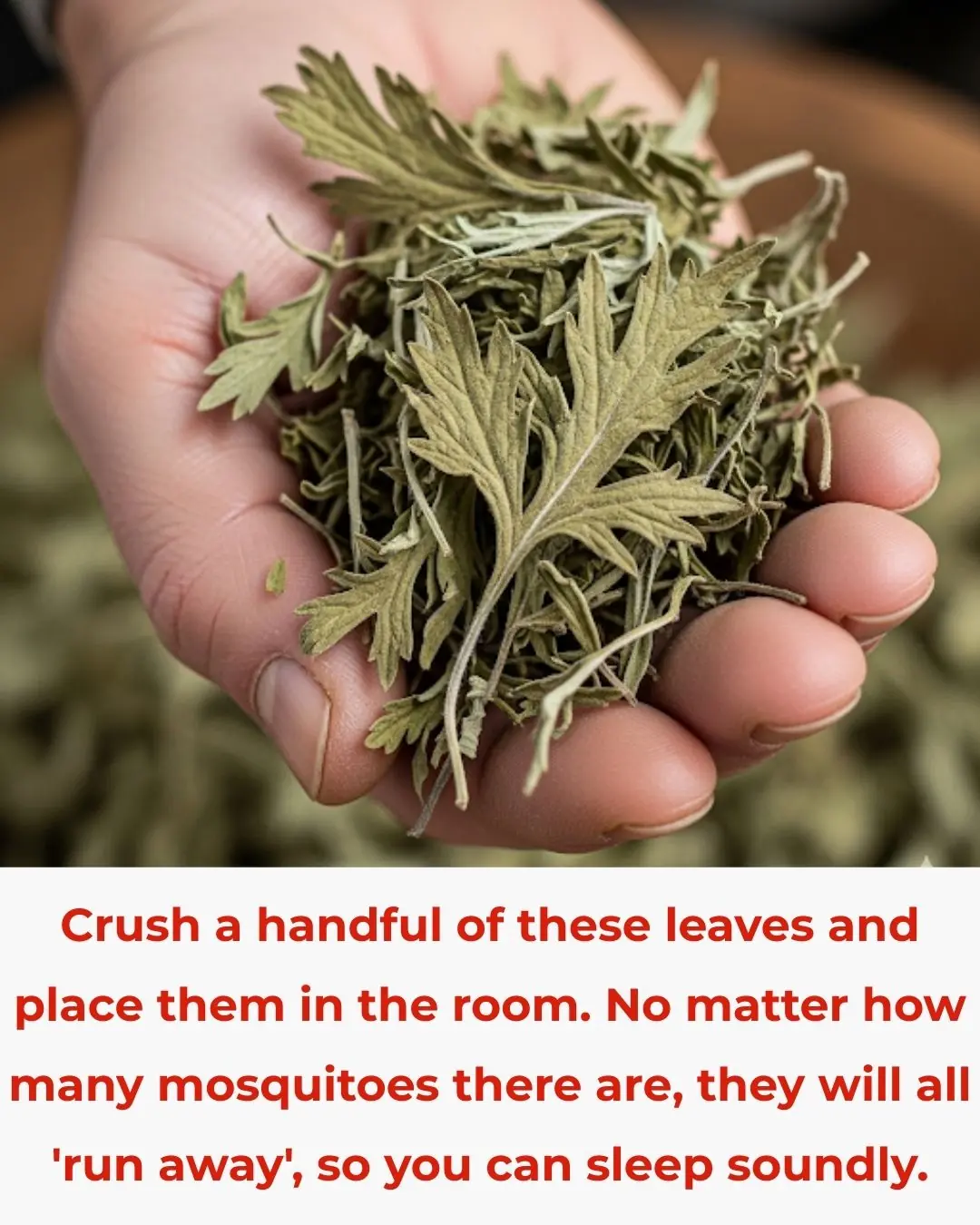
Crush This Bundle of Mugwort Leaves and Place It in Your Room — No Matter How Many Mosquitoes There Are, They’ll ‘Run Away’ and You Can Sleep Peacefully
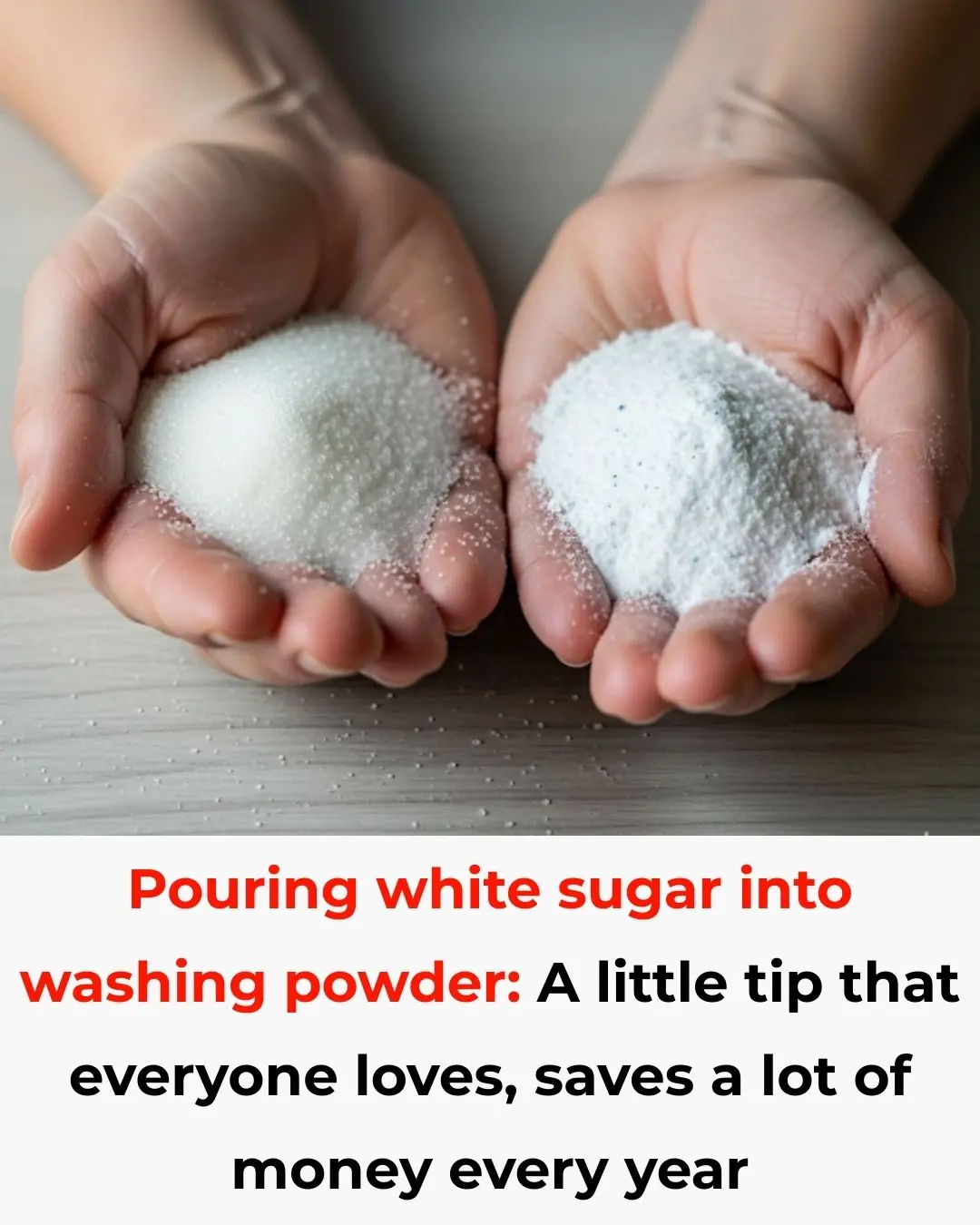
Pouring White Sugar into Detergent: A Simple Trick Everyone Loves That Saves You Big Every Year

How True Love Shows Itself During Intimacy

The surprising truth about eating eggs every day

7 Early Signs Your Body is Fighting Cancer

9-year-old dies after dental procedure

Terri Irwin makes heartbreaking admission 19 years after Steve’s death
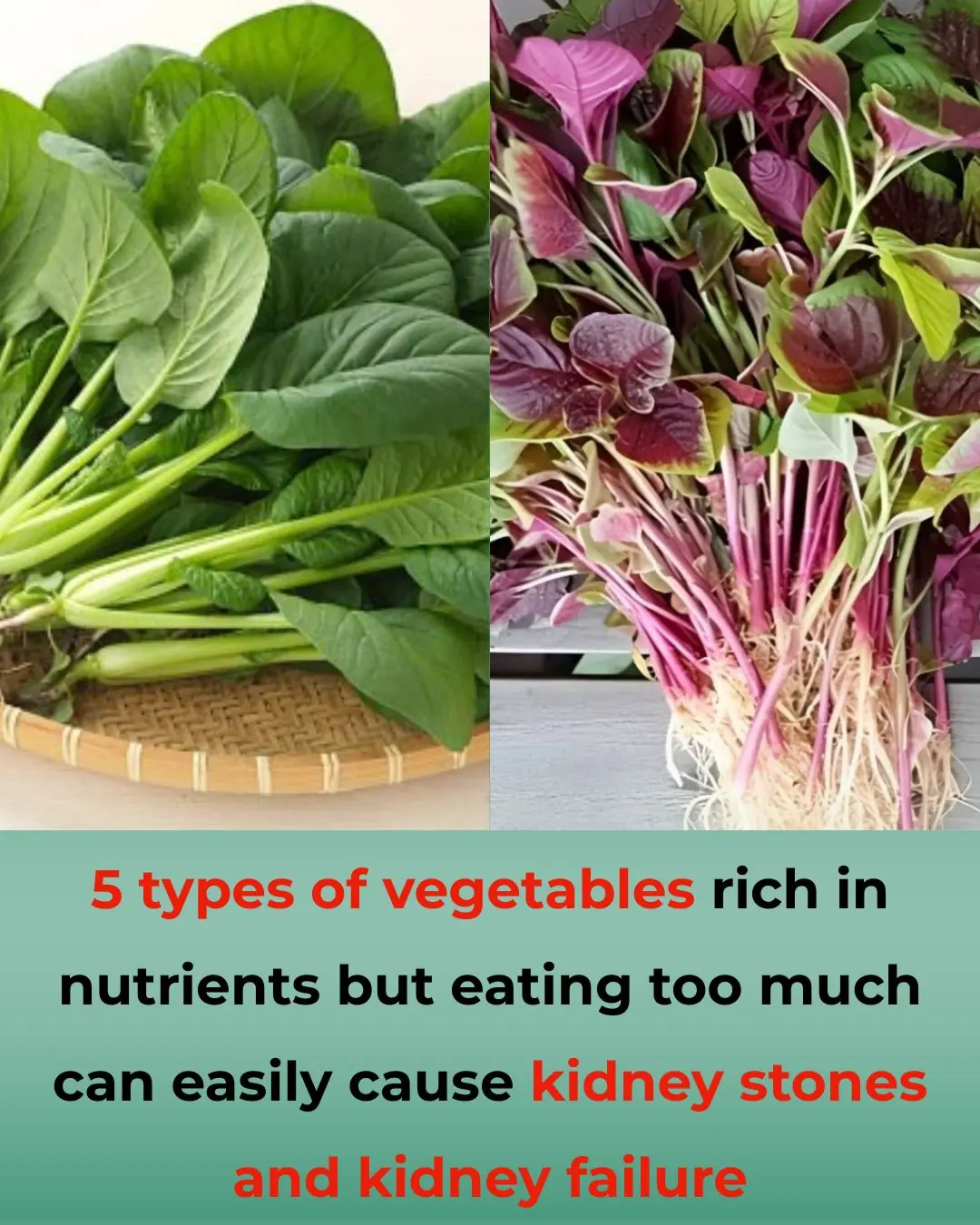
5 Nutritious Vegetables That Can Harm Your Kidneys If Eaten Too Much
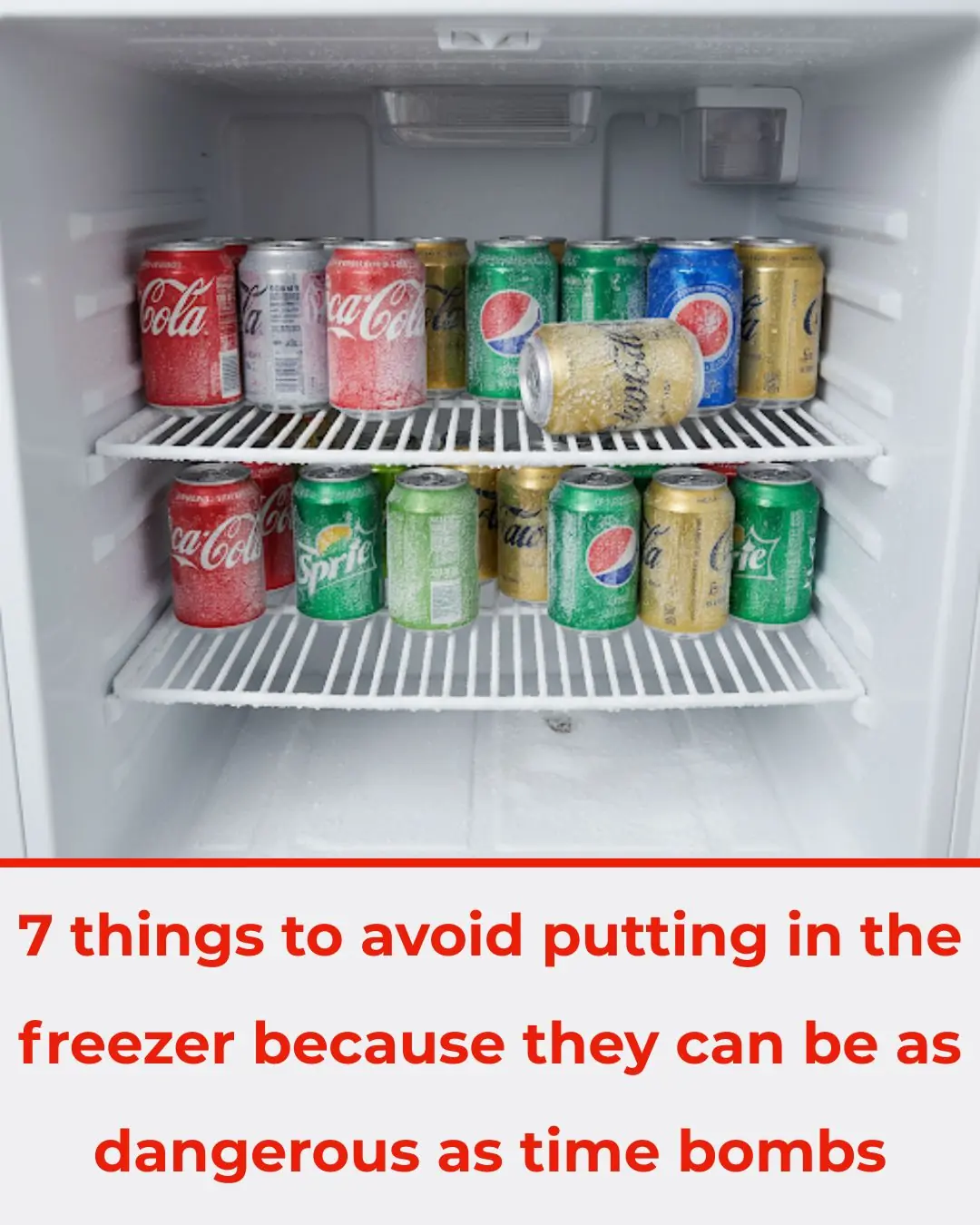
7 Items You Should Never Store in the Freezer – Like Ticking Time Bombs
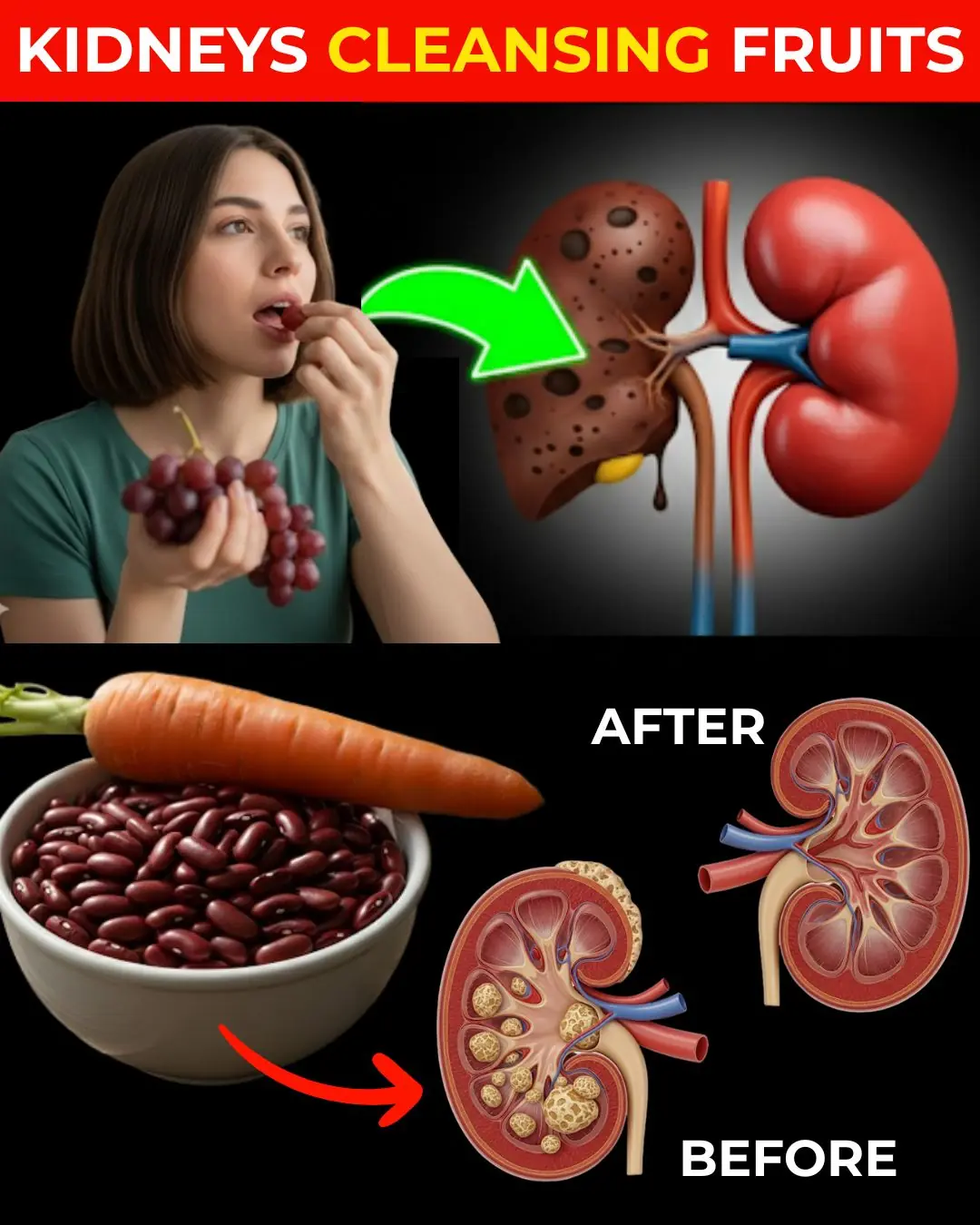
18 Powerful Foods That Help Detox Your Kidneys and Cleanse Them Naturally
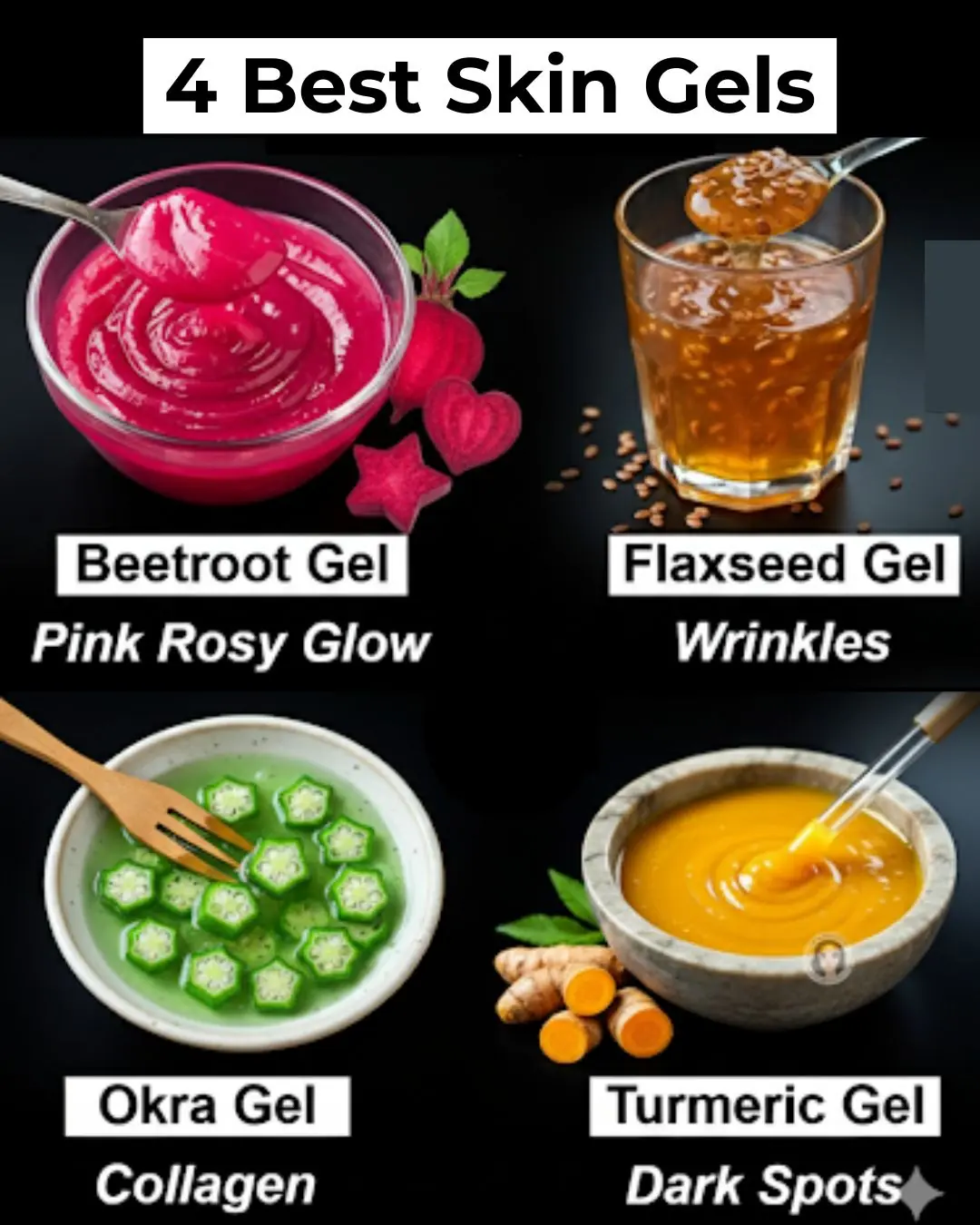
15 Best Skin Gels for Glowing Skin & Wrinkles
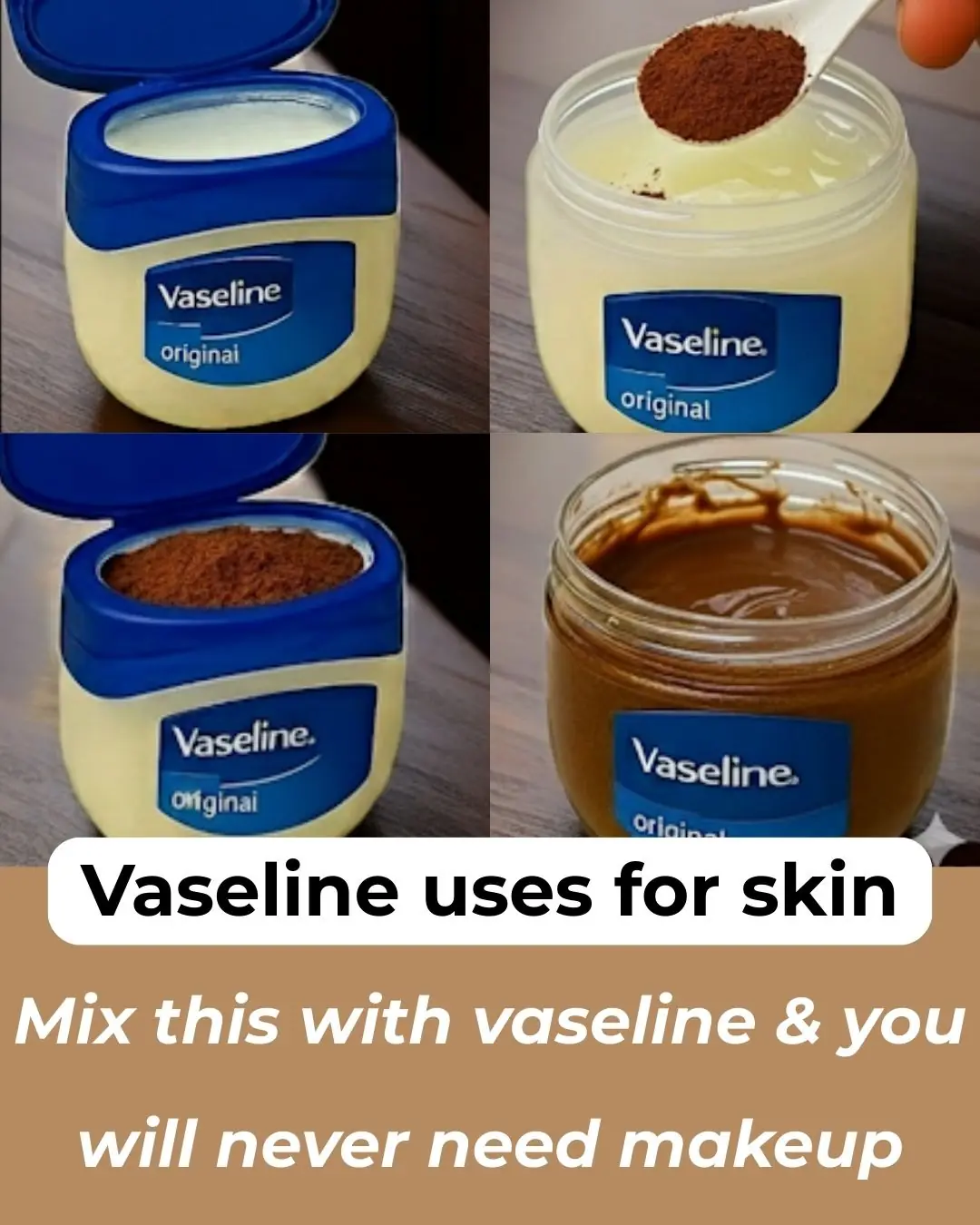
Vaseline Uses and Benefits for Skin, Lips and Hair | Petroleum Jelly Benefits
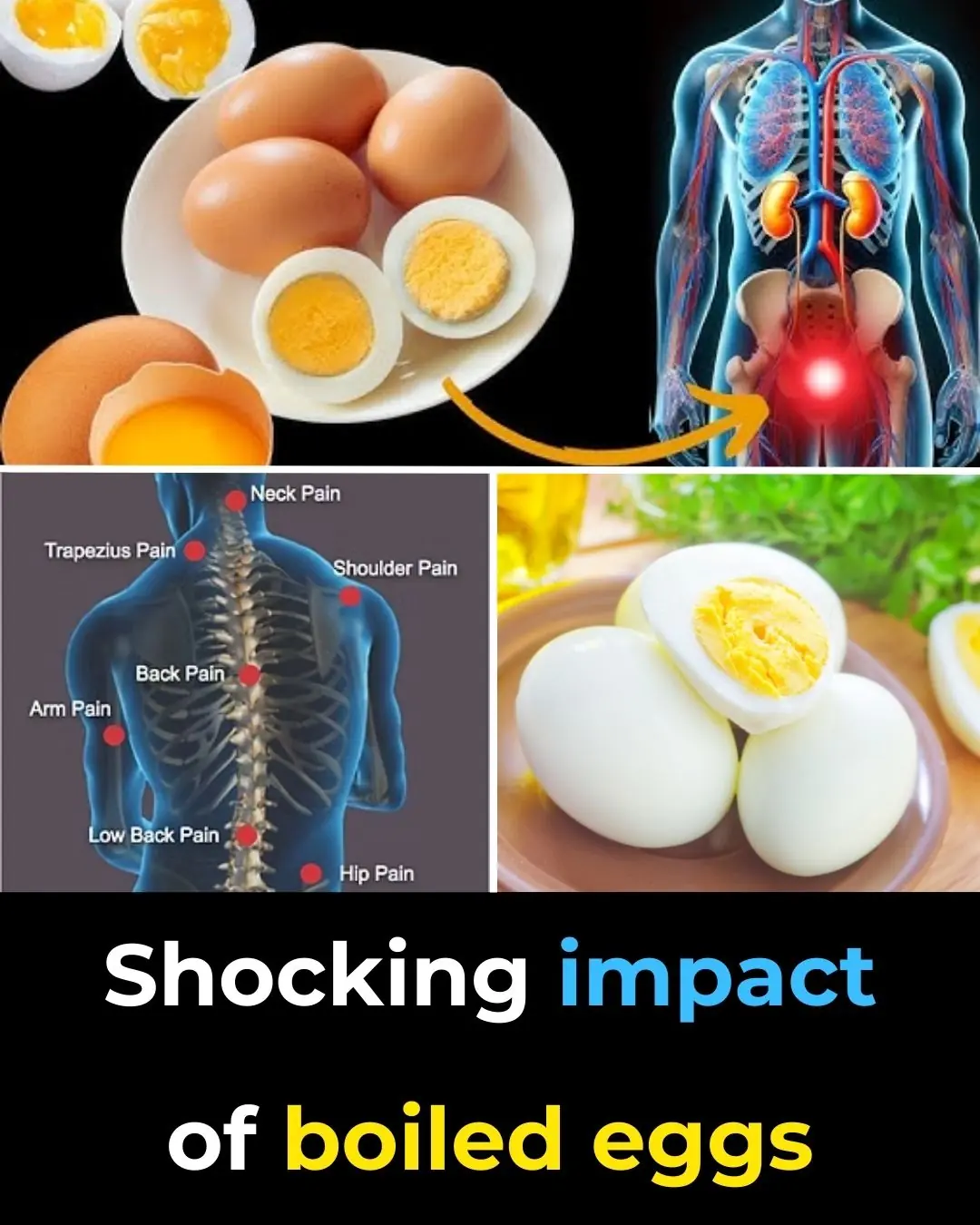
🥚 What Happens to Your Body When You Eat 2 Eggs Every Day?
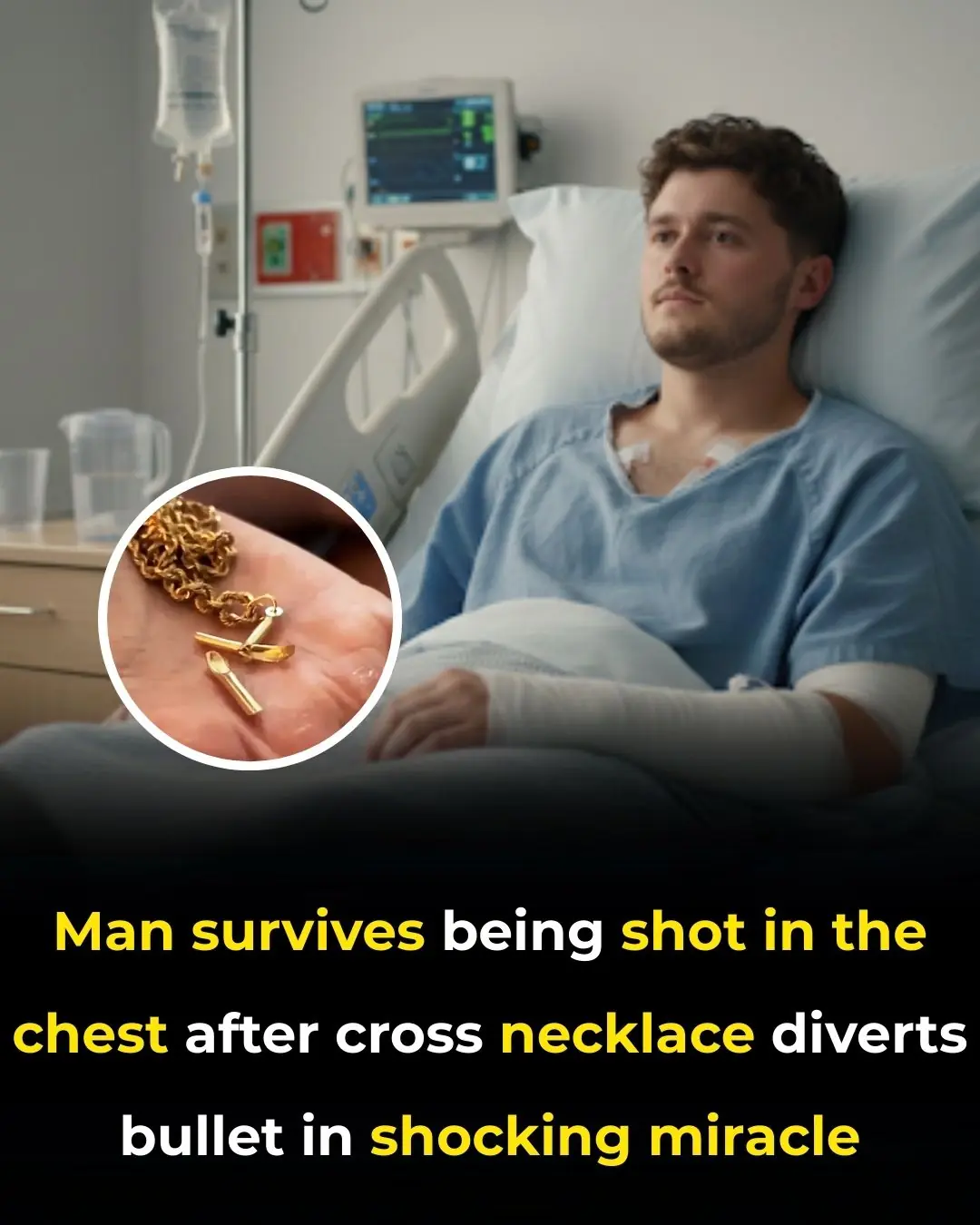
‘Miracle’ Moment: Cross Necklace Stops Bullet and Saves Man’s Life

Christian Bale Built $22 Million Foster Care Village in California

If your private parts smell fishy, it’s something you should be aware of

10 Hidden Signs Your Immune System Is Under Attack
